Washington Became The First State To License Outdoor Preschools
Tags: opinion
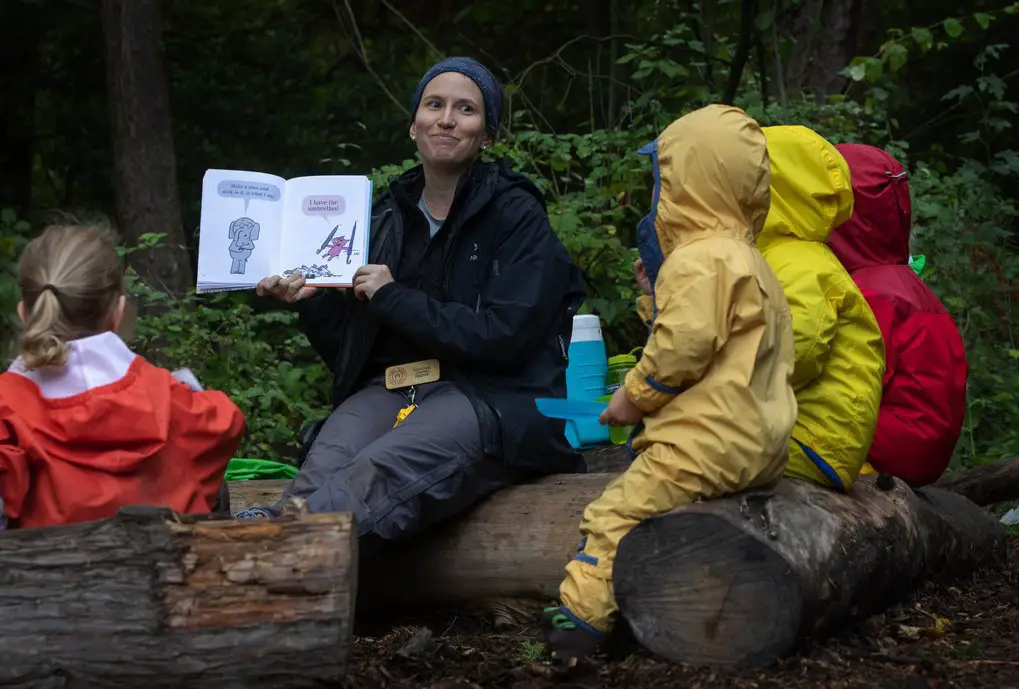
Children take naturally to the outdoors and it is no wonder that outdoor preschools are gaining in popularity across the nation. They learn to grow in the open air. There is something about the openness that frees their hearts and minds. The state of Washington has led the way to become the first to officially license outdoor preschools.
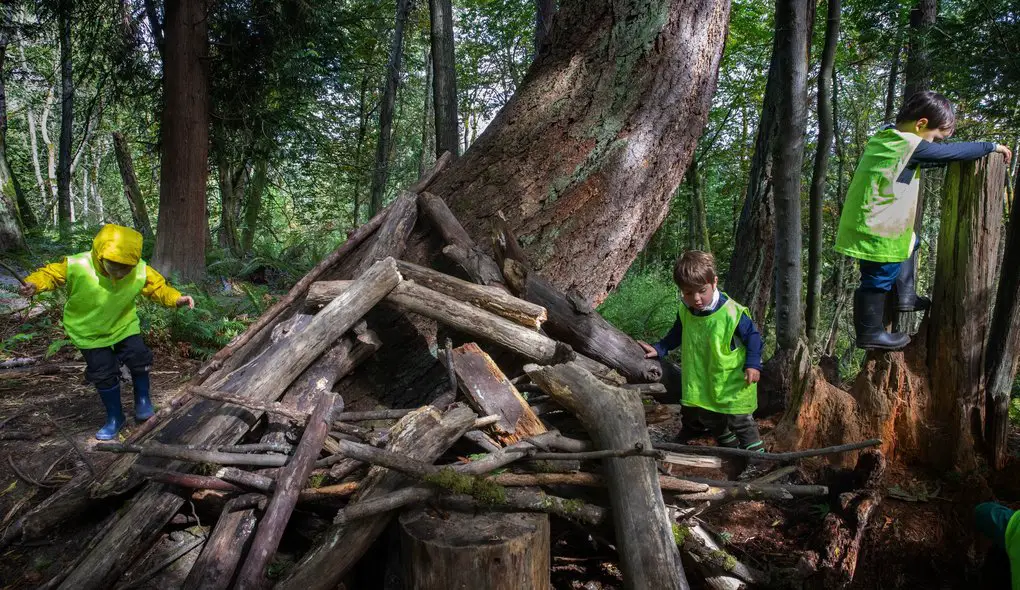
At these schools, children learn to be at one with the earth. Outdoor schools spur children to learn through active exploration and play. The lessons are inspired by the national curriculum but are taught through a fun and creative process. Learning is based on play and the outdoors.
Also read: Children Climbing Trees In Forest Schools Could Strengthen Their Emotional Resilience
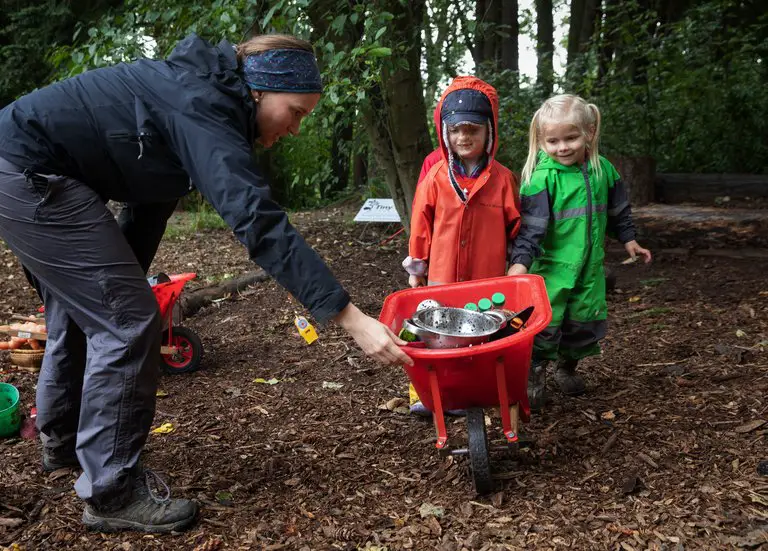
Children are no longer confined to colorful rooms and toys. They learn to make the open-air their home and are comfortable sitting on a tree stump or jumping in a puddle. The preschool is based totally outdoors from September to June each year. They are halfway through the first month of their first year in school at Tiny Trees, a pioneer in outdoor education programs in the state.
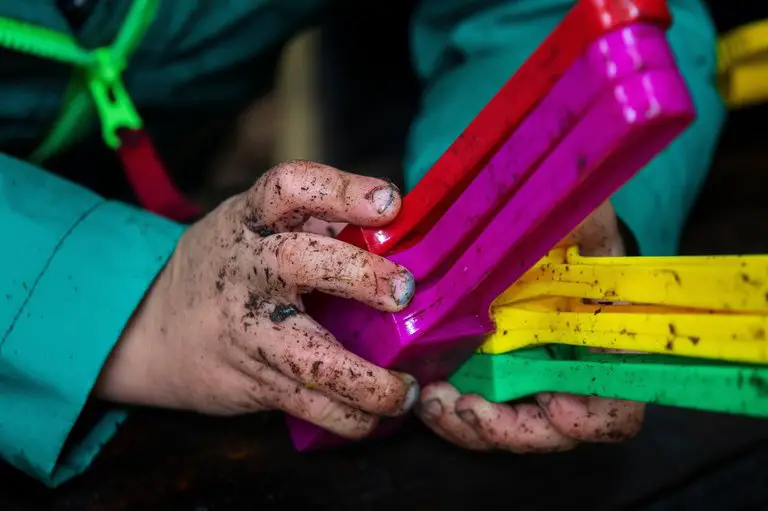
Peace, health, and safety are among the many privileges that children enjoy here. They enjoy all the learning facilities of the indoor system in the lap of nature away from the hustle and bustle of city spaces. The jungle and hillsides become a natural playground.
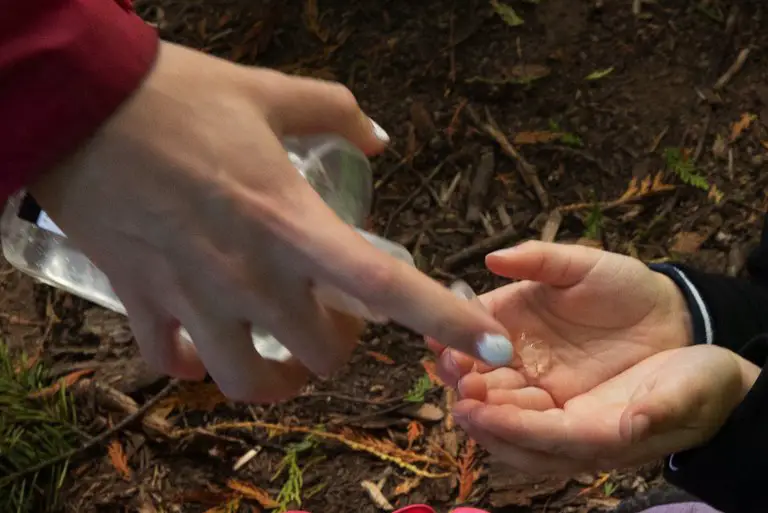
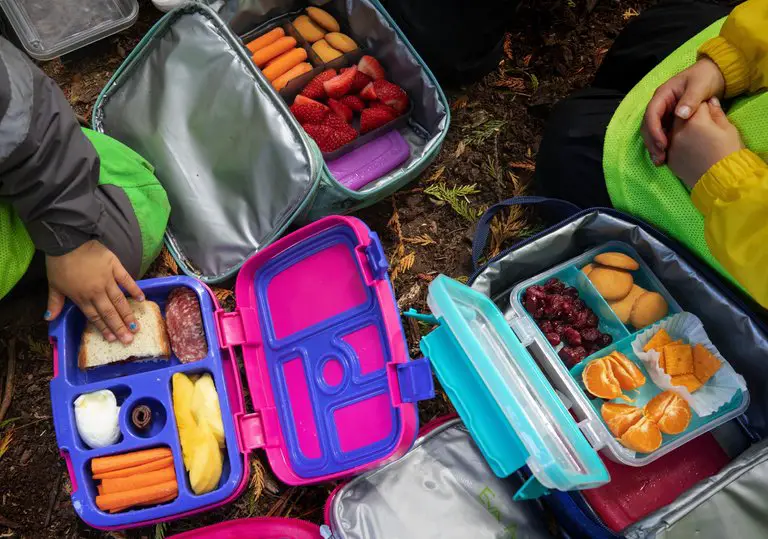
They learn to adapt and there is no scheduled routine. The day is filled with the discoveries the children make. The activities are child-led and child-directed. At Tiny Trees, Kinney looks after two outdoor classes. The children aged 3 or 4 are more concerned about their outdoor activities. The idea of outdoor education is about immersion in nature. Whatever the weather, they have learned to stay in the open. Just about any subject can be taught in an outdoor setting. The outdoor education system runs the whole gamut of the structured traditional system.
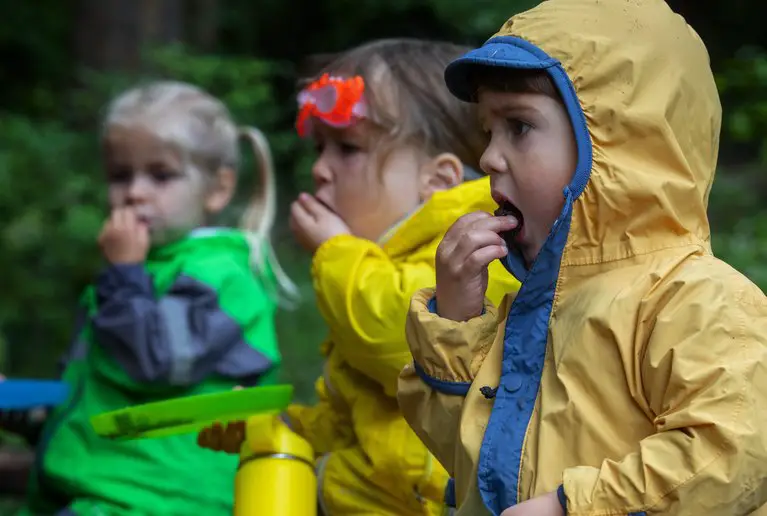
With the concept catching on across the nation, Washington first launched a pilot program in 2017 to simplify official procedures that were to be followed by outdoor preschools. As the preschools in the United States were not licensed, they could not offer full-day programs, which was a prerequisite for most working families. Neither could these schools offer state-aided financial benefits to families.
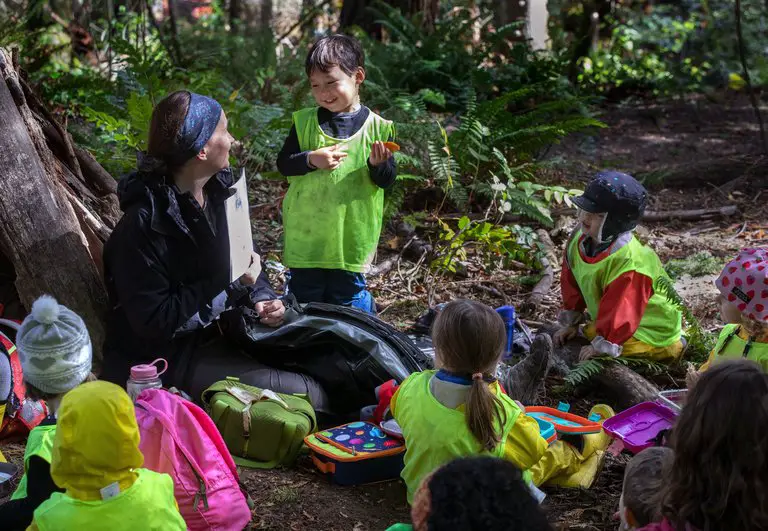
The Tiny Trees class can retire to a lodge at the outdoor site at Camp Long when the weather deteriorates. Other classrooms too have similar facilities. With the implementation of new regulations, the state has finally begun to permit some programs officially, for the first time in the U.S.
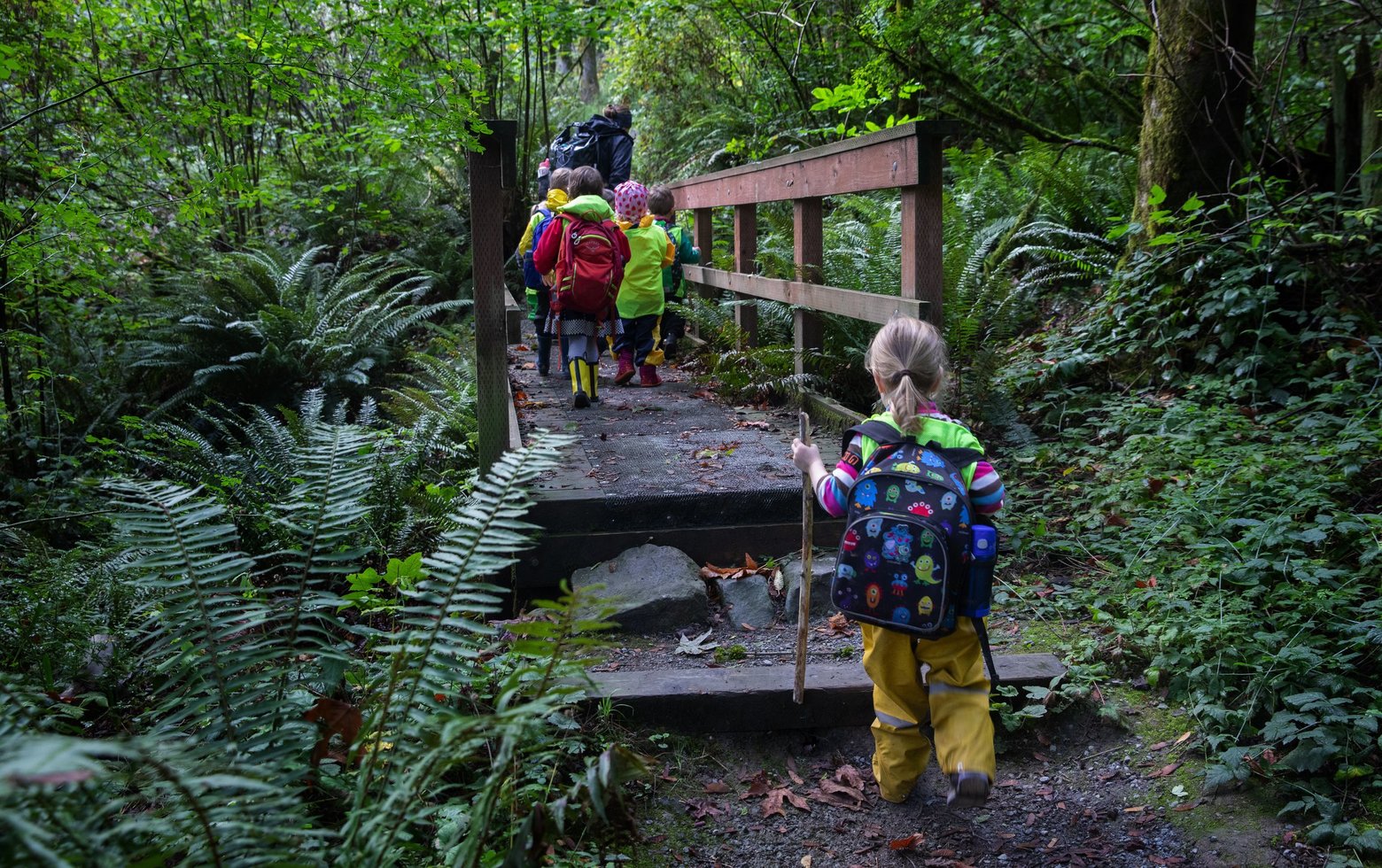
Two programs have successfully sailed through the procedures in early September: one in Mason County and the other in San Juan. Hopefully, Tin Trees will soon be the third feels Aliza Yair, a member of the outdoor preschool program.
As the outdoor program lays greater emphasis on the outdoors, it opens the child to various experiences. They have the rest of their lives to be sedentary. The activities which are so crucial for their development are limited in conventional setups. The foundations of their physique and personality are developed now and the kids can be themselves for a long time.
The worries are there. Weather is one, the other being the aptness of the model as a preparatory course that will make them ready for kindergarten.
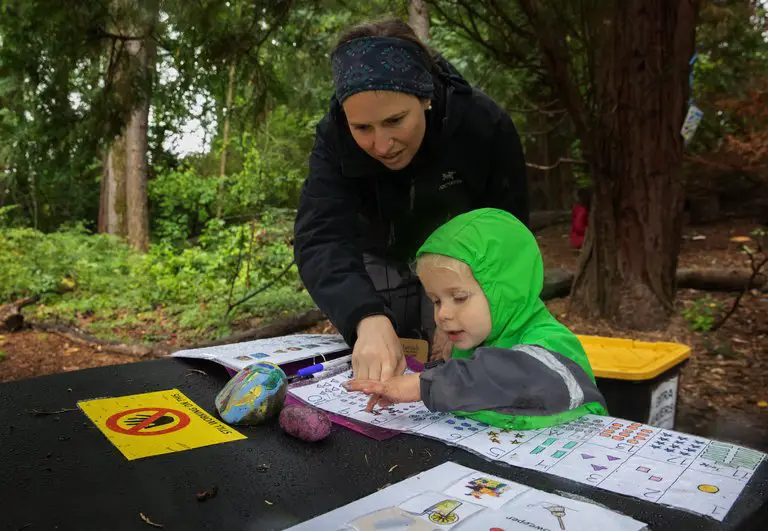
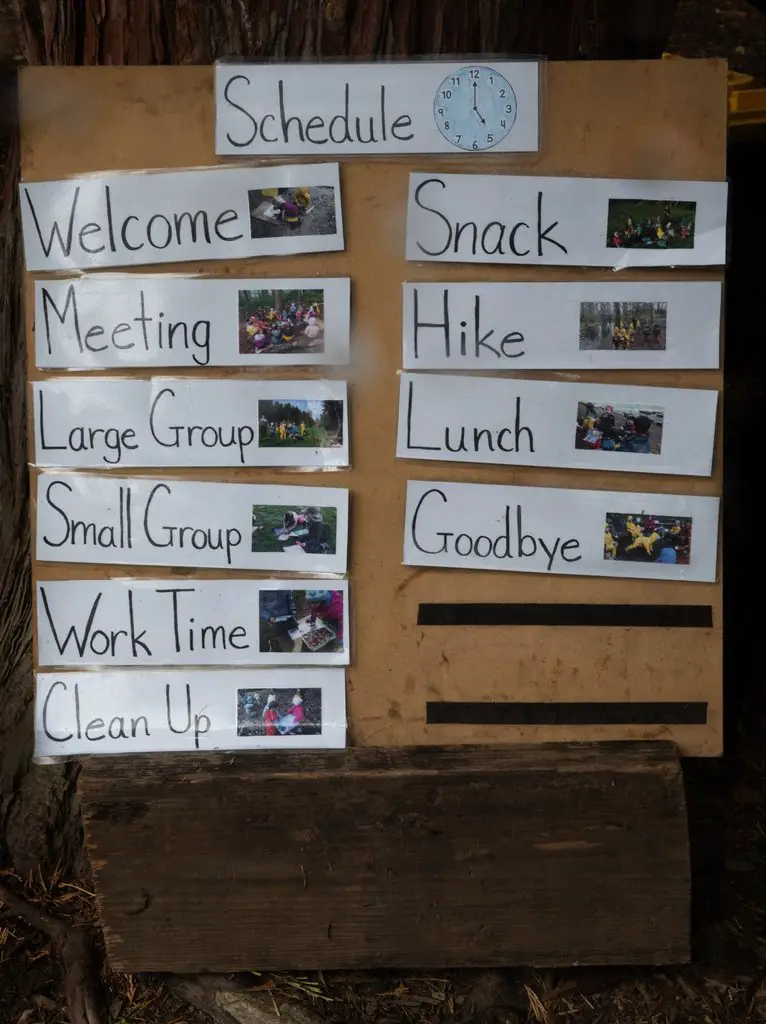
A project that explores the effect that nature-based education bears on children’s physical and mental health was launched by Amber Fyfe-Johnson of Washington State University. She studies education and health there. She plans to track the kids’ physical activity, academic progress, BMI, digestive health and sleep.
Over 5000 people have downloaded our free ebook “Growth Hacking Tips And Rituals For Optimal Living” CLICK HERE to get your free copy now
While previous studies have found physical activities to be beneficial, she hopes to prove it with more evidence.
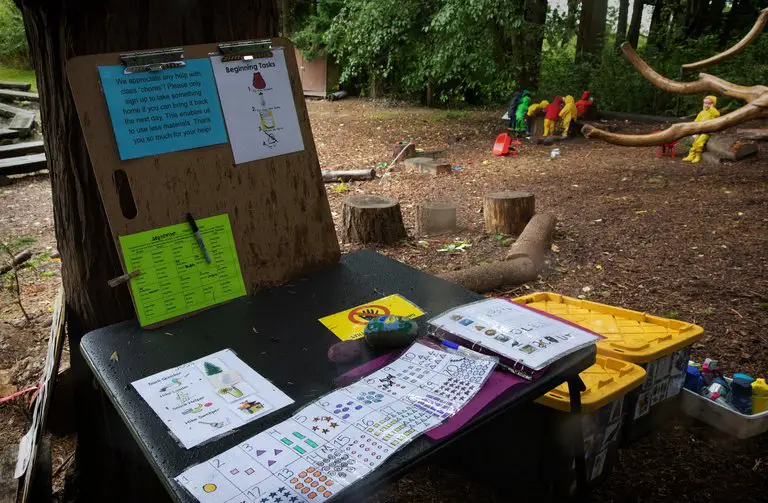
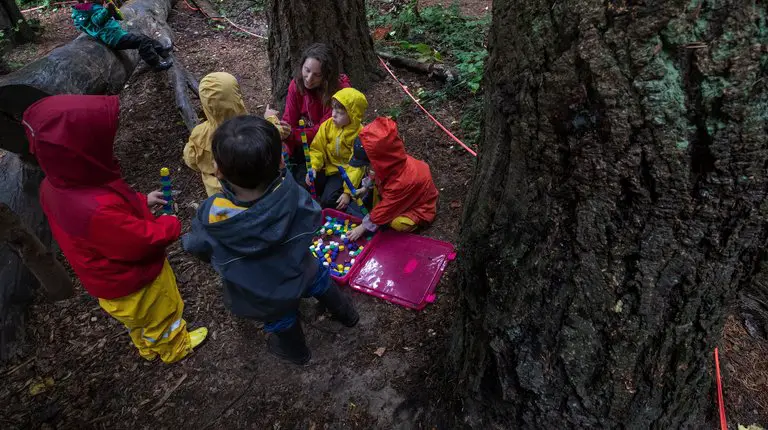
Further, the curriculum isn’t much different from conventional preschools. The kids at Camp Long are always busy. There are places where the kids experiment with magnets and magnifying glasses. There’s also a reading section and another for the park’s indigenous plant species. Kinney feels that the kids are rarely missing anything. Instead, they thrive in this environment.
All images: Ellen M. Banner / The Seattle Times
Leave Comment: